ENGLISH MENU
Finding housing in Japan is often different from other countries and many people get confused.
There are many real estate agents, owners, and management companies that do not speak English, so finding a room is not an easy task.
Here are some things you need to know when looking for a room in Japan.
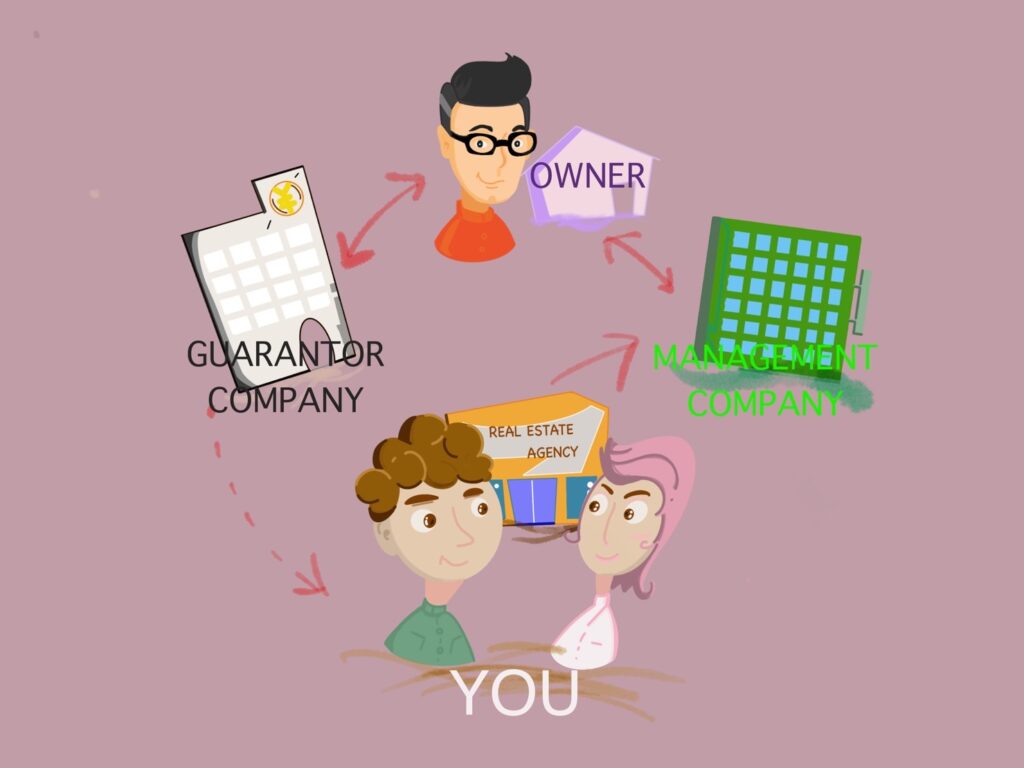
In Japan, it is rare to rent an apartment directly from the owner and pay in cash.
Most housing in Japan are run by a management company commissioned by the owner. In recent years, the law on guarantors has become stricter, so owners and management companies are now using guarantor companies. The guarantor company’s fee is to be paid by the person renting the apartment. In addition, the guarantor company may ask for a Japanese or permanent resident guarantor to avoid any risk.

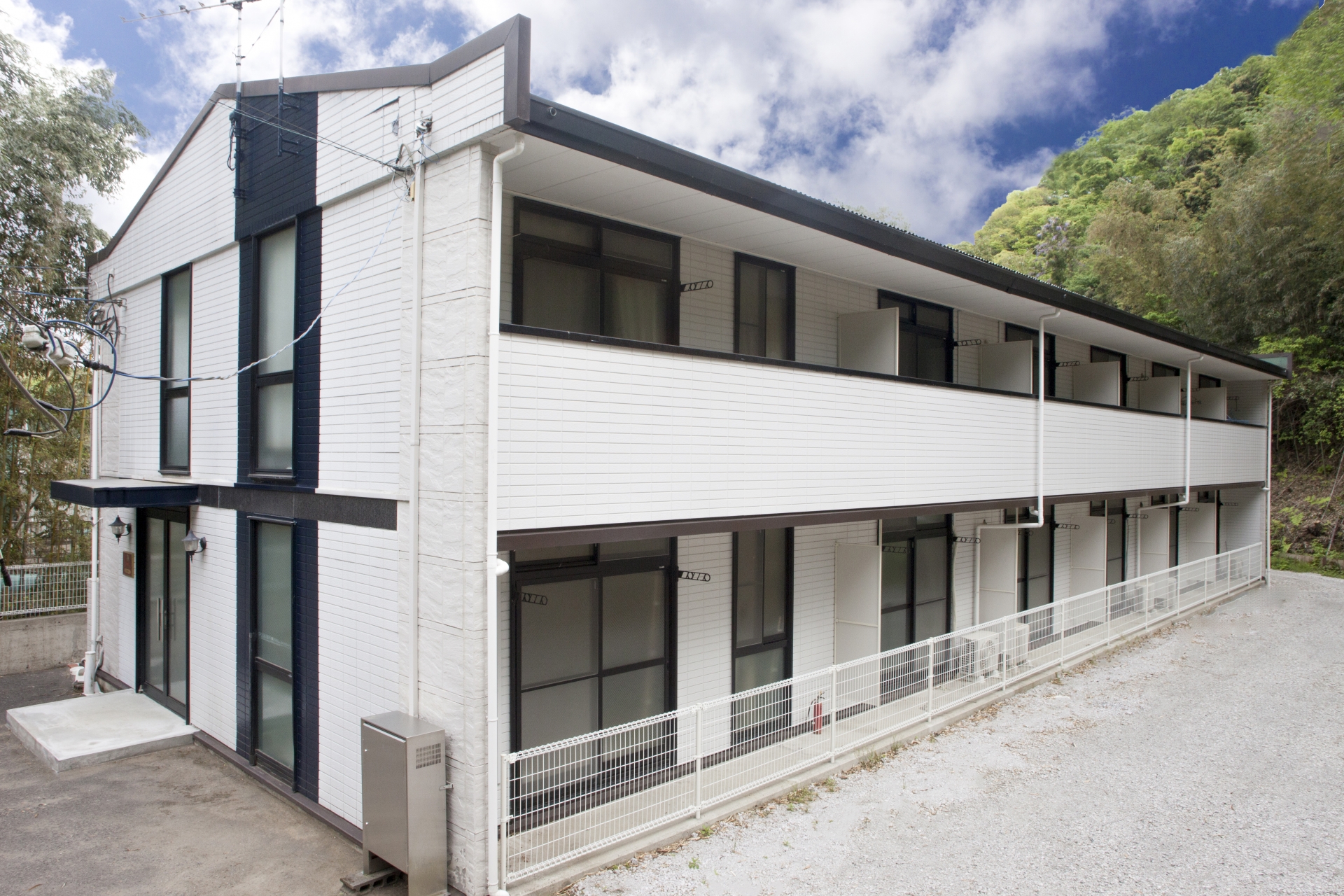

“Monthly”
Rent
Common service fee/ management fee
CATV
Town expenses
Bicycle parking
Tenant support service
“Initial”
Security deposit
Non-refundable security deposit
Key money
Brokerage fee
Guarantor company
Door lock replacement cost
Repair cost
Fire insurance
“Moving out”
Penalty for short-term cancellation
Cleaning fee
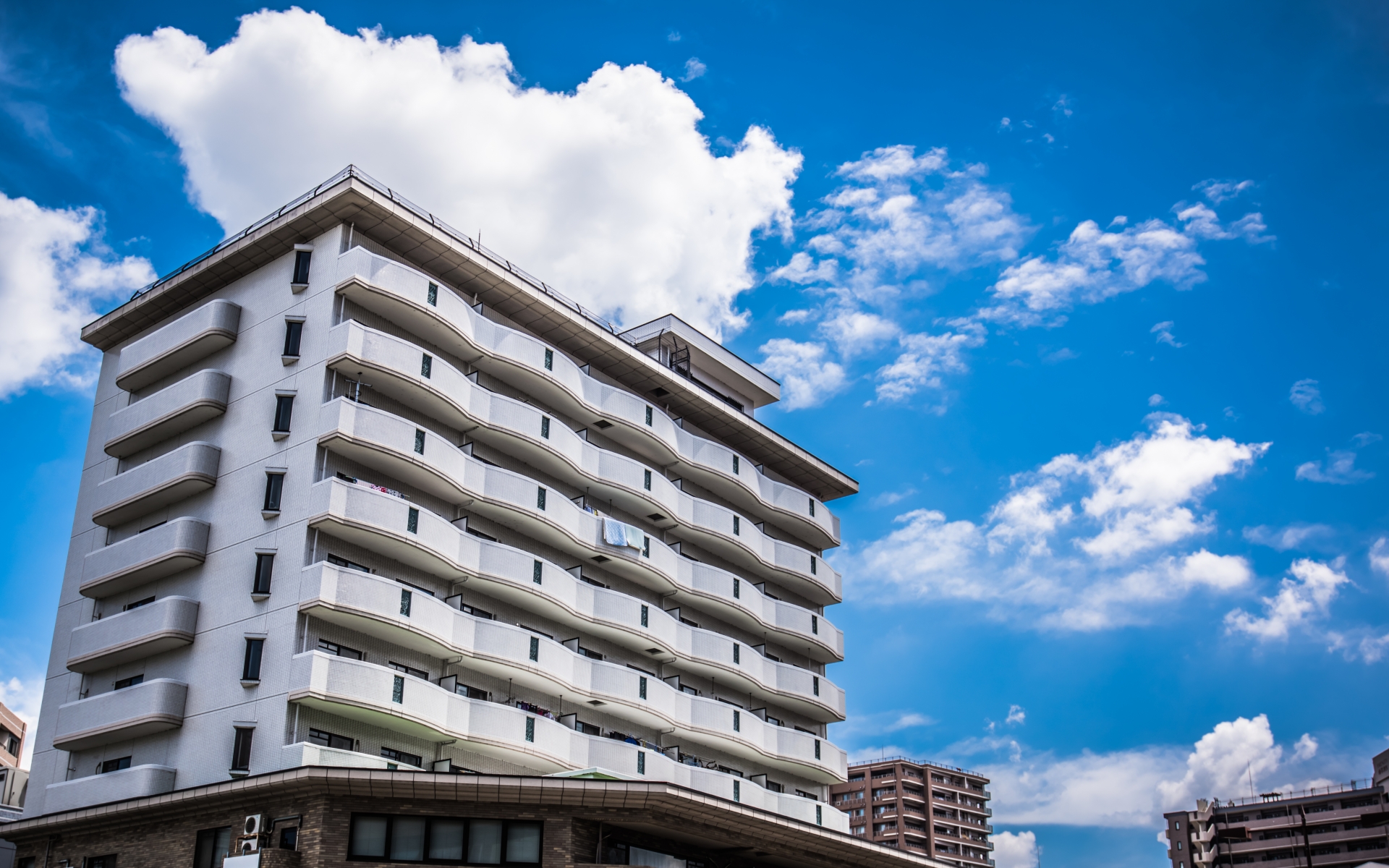

“Monthly”
Rent
Common service fee/ management fee
“Initial”
Security deposit
Fire insurance
“Moving out”
Cleaning fee
Know the features so you don’t have to worry about the costs.




The make a contract with a guarantor company is mostly required to be eligible for moving in. If you cannot make a contract or are refused by the guarantor company, you will not be allowed to move in.
The person renting the apartment must pay 50%-100% of the monthly rental fee (Common service fee and Town fees included )for the first time, and an annual fee of 10,000 yen.
In most cases, the guarantor company requires the person renting the apartment to have a Japanese or permanent resident guarantor.



It is non-life insurance. A two-year contract costs 15,000-25,000 yen. It must be renewed every two years and costs will be incurred each time. Some management companies have monthly fire insurance.
You should always have fire insurance. Insurance companies are often designated as management companies.
The insurance generally covers fires, flood, and wind damage. For example, it compensates for the damage of furniture and home appliances caused by fire or flood. It may also compensate for burglary or for injuries incurred by a visitor caused by furniture or home appliances. It also compensates the owner and neighbors in case they incurred any damage.






Japanese parking lots are designed based on the size of Japanese cars, so there are restrictions on height, width and length. For this reason, it may be difficult to park oversized vehicles. Depending on the apartment, the apartment itself and the parking lot may be managed by different management companies. In that case, you may be asked for a parking lot brokerage fee or deposit.



If you cancel within two years, you may be required to pay two months’ rent as penalty fee, and if you cancel within one year, you may be required to pay one months’ rent as penalty fee. Recently, there have been some cases when the tenant was billed for not only the rent but also for all monthly expenses such as common service fee.

The owner is a private person.
It takes about two weeks from application to moving in. The move-in date is generally within one month after application.
1. Search using websites such as SUUMO and HOMES (Japanese)
2. Search through real estate agent
Check property information with real estate company
Select about three apartments you are interested in.
Tour the room with the staff of the real estate company. You can meet the staff at the apartment.
Apply for the room you like. You cannot cancel and select another apartment after submitting your application.
Screening by the guarantor company, management company and owner requires two to seven days.
Pay the initial fee and submit the necessary documents. You will need your residence card [Zairyu kado], residence certificate [Jumin hyo], passbook and personal seal.
Get the key on the day you move in.
Move in after you receive your key.
Japan has unique terminology for housing
The floor plan indicates the number of rooms.
SRC
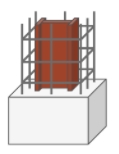
Concrete with reinforced steel frame
It is recommended for those who are concerned about noise because concrete does not vibrate so it does not transmit sound.
RC
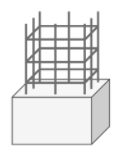
Concrete
It is recommended for those who are concerned about noise because concrete does not vibrate so it does not transmit sound.
S
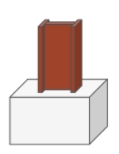
Steel structure
The walls are not made of concrete, so they transmit sound.
W

Wooden structure
The walls are not made of concrete, so they transmit sound. It is the cheapest type of housing.
CL
Closet
Storage
WIC
Walk-in closet
People can walk into the storage area
WTC
Walk-thru closet
People can pass through the storage area
SB
Shoebox
Storage for shoes at the entrance
WC
Toilet
Toilet
UB
Unit bath
Prefabricated bathroom unit
AC
Air conditioner
冷暖房が使えます
If you pass screening, you can apply for Lifeline utilities. In general, you will have to apply for Lifeline utilities on your own, but we can help you if you find it necessary.

The most difficult part about moving in Japan is gathering the required items and documents.
© 2019 UR名古屋公社 All rights reserved
株式会社is HOUSE